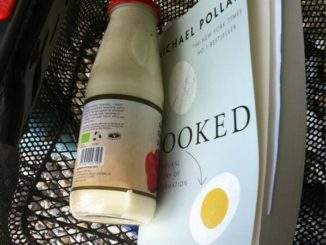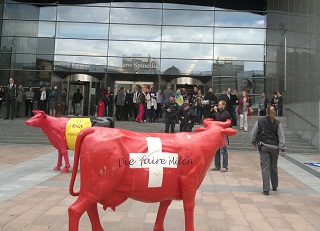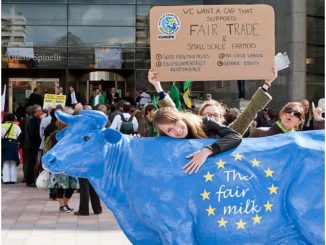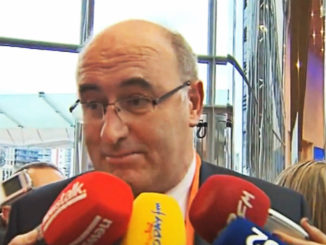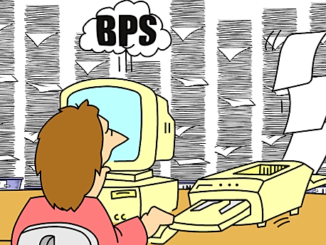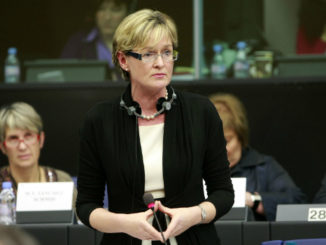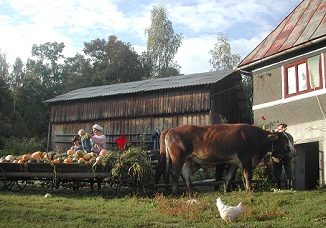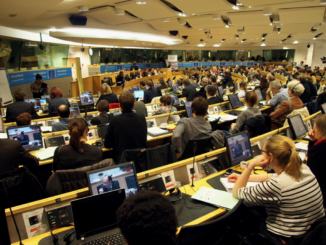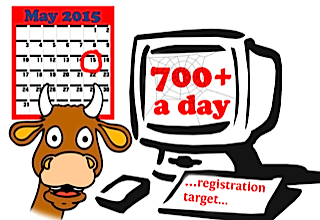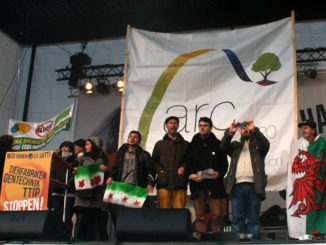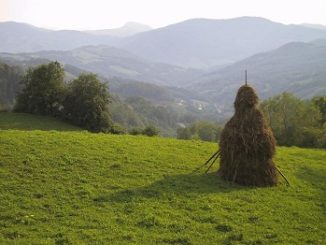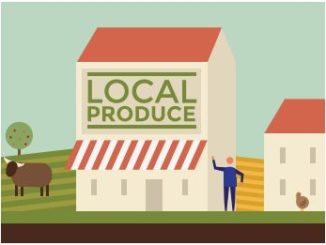
Czech Agriculture – using CAP for agroecology?
Czech Republic is the European Union country with the highest share of arable land, around 38% of its surface. Despite this fact, recent trends give clear evidence for an enormous decrease of agricultural land due to the expansion of urbanization and industrialization plans across the country. However the reformed Common Agricultural Policy (CAP) of the European Union (EU) could potentially push Czech Republic to promote an environmentally and socially sustainable agriculture. The process of land degradation in Czech Republic has its roots in the agricultural land expropriations of the 1950s done by the communist regime. During that time agricultural policy focused mostly on the large-scale consolidation of farmlands as well as on highly intensive methods of production through the use of agrochemicals without consideration of potential environmental risks. In light of the „Velvet revolution“ in 1989 the political and economic changes gave rise various agricultural currents, from agroindustry to organic farming. Already in 1990 the Ministry for Agriculture established its own department for „alternative agriculture“, handing out Governmental support in form of direct subsidies to […]


